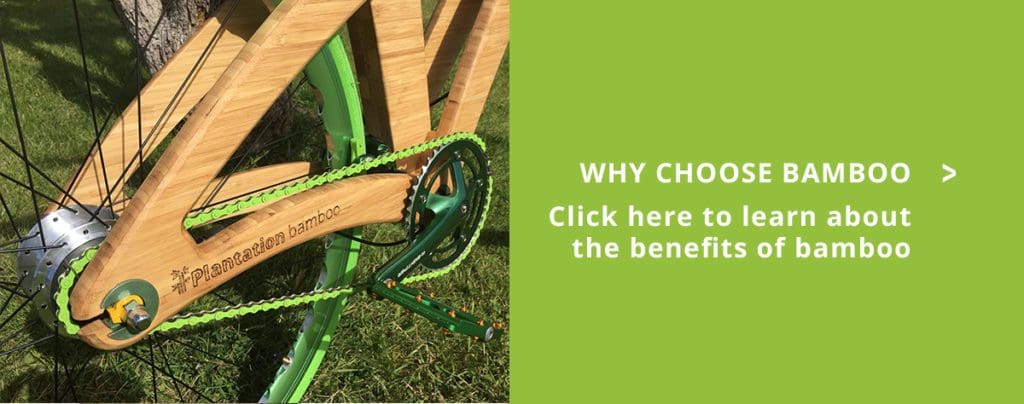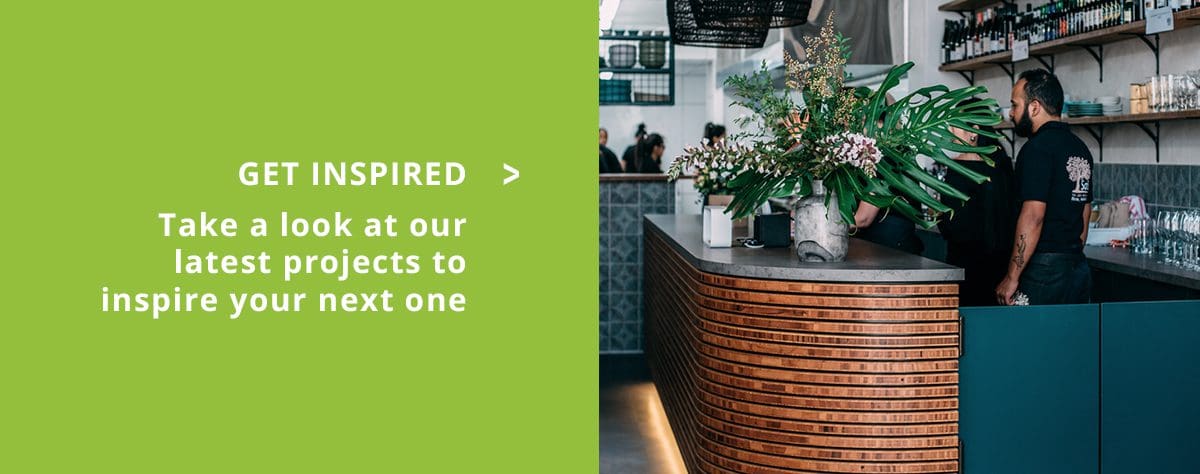Bamboo vs Cedar Cladding: Comparing Cost, Maintenance, Durability, and Environmental Impact
When it comes to choosing a natural cladding material for your home or building, two options are bamboo and cedar. While cedar is a well know and popular choice, bamboo cladding is a newer and strong contender. However, it’s important to consider the differences between the two materials to determine which is right for you.
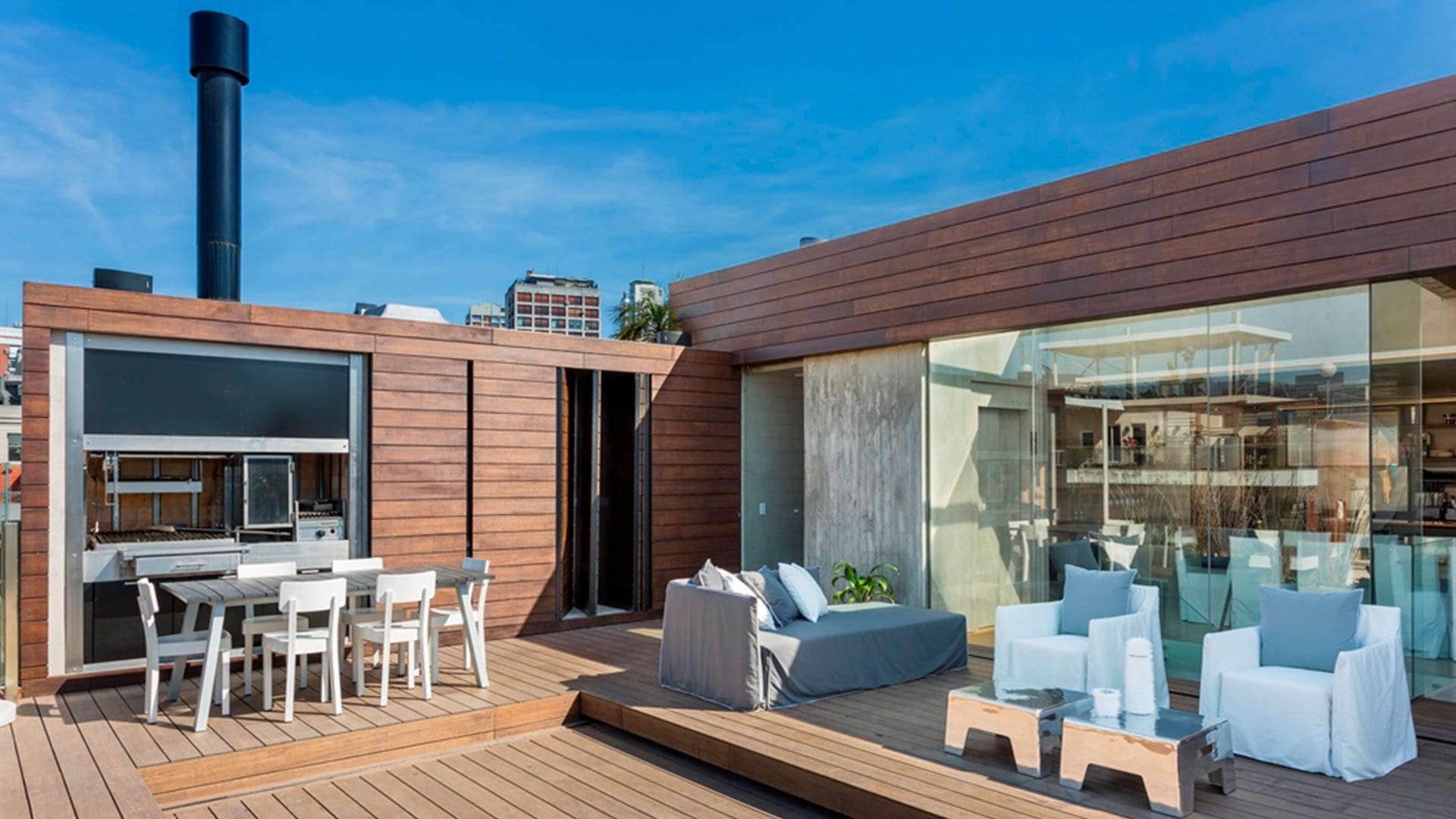
The Cost Factor: Comparing the Price of Bamboo and Cedar Cladding
One of the main differences between bamboo and cedar cladding is the cost. Cedar is considerably more expensive than bamboo in terms of material cost.
Cedar is considered a premium wood and is priced accordingly. The cost of cedar can vary depending on the quality and grade of the wood, as well as the region it is sourced from.
In some cases, the cost of cedar can be more than twice the price of Bamboo X-treme cladding (which also comes with “invisible” stainless steel clip and screw fixings).
This cost difference can be a significant factor for those on a budget or looking to save money on their building project.
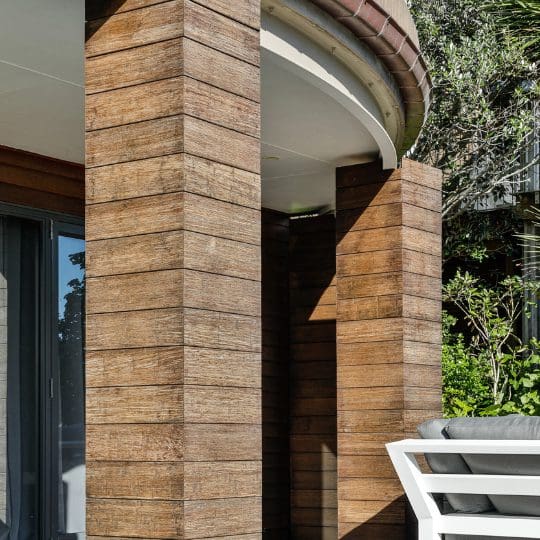

Maintenance Matters: Comparing the Upkeep of Bamboo and Cedar Cladding
Another factor to consider when comparing bamboo and cedar cladding is maintenance. Because cedar is a natural wood material, it may require more maintenance over time compared to bamboo. Cedar can be susceptible to rot, insects, and other types of damage.
Regular staining or sealing cedar may be required to keep it in good condition. This can add to the overall cost of using cedar as a cladding material, both in terms of the materials needed and the time required for maintenance.
On the other hand, bamboo cladding is known for being low-maintenance. Bamboo X-treme® Cladding, for example, is considered low maintenance and has a long service life – with a 25 year warranty.
The bamboo cladding boards or slats are delivered unfinished and an oil finish is possible, but not mandatory. As the cladding weathers, it gradually and naturally turns more of a silver-grey colour (similar to most hardwoods). If a warmer, darker colour is desired, a coat of exterior oil can always be applied.
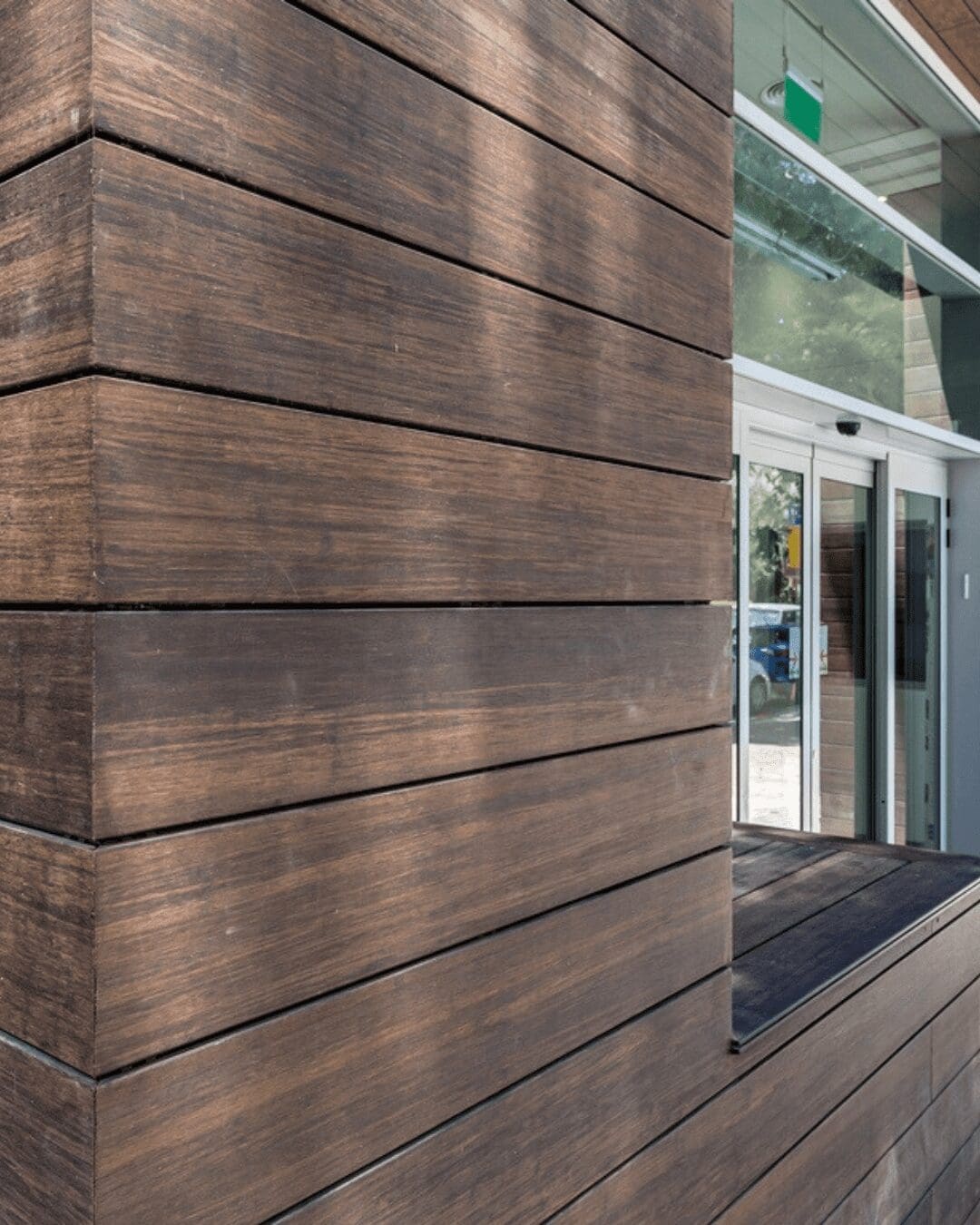
Environmental Impact: Why Bamboo is the More Sustainable Choice
In terms of environmental impact, bamboo is a more sustainable choice than cedar. Bamboo grows faster than any other plant and can grow up to 20 meters high.
It takes about 4 to 5 years before bamboo is fully mature and harvested. With hardwood, this is often only the case after 50 to 100 years, which means there is a high risk of deforestation.
Bamboo is virtually inexhaustible, stores a lot of CO2 and is, therefore, an environmentally friendly and rapidly renewable alternative to hardwood options.
Durability and Weather Resistance: Which Material Stands the Test of Time?
When it comes to durability and weather resistance, bamboo is also a strong contender. Bamboo cladding has high stability, with the boards remaining straight and maintaining their appearance for a longer period of time.
Bamboo is also fire-resistant, with Bamboo X-treme Cladding reaching fire safety Class B-s1-d0 (EN 13501-1) and Class A (ASTM E84). This exceptional fire resistance is obtained without the impregnation of expensive and environmentally-damaging fire retardants.
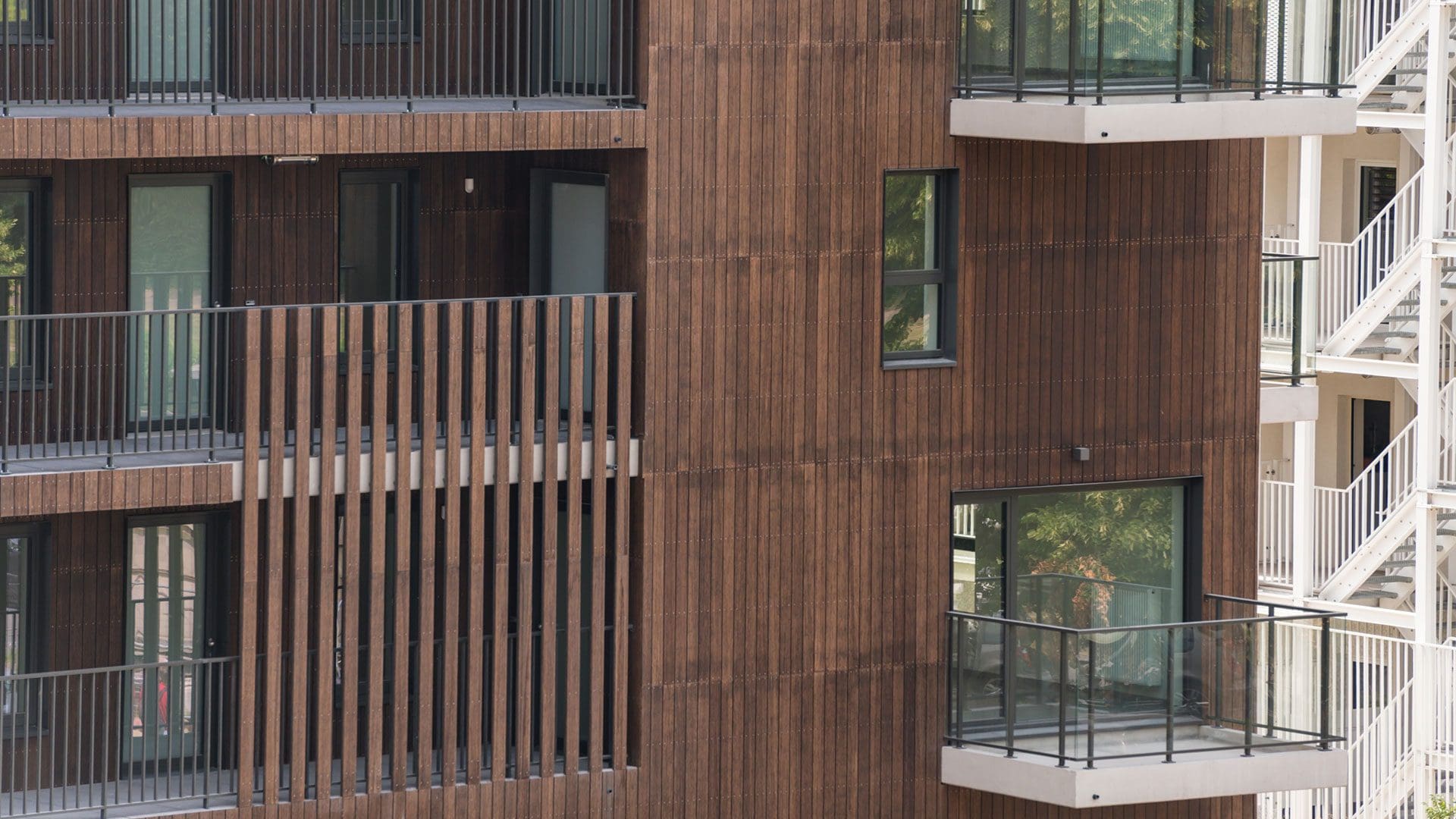
When considering bamboo vs cedar cladding, there are pros and cons to both materials. While cedar may offer a classic and premium look, it comes with a higher cost and maintenance requirements.
Bamboo, on the other hand, is more cost-effective, low-maintenance, and environmentally friendly. Ultimately, the choice between the two materials will depend on your specific needs, budget, and aesthetic preferences.
